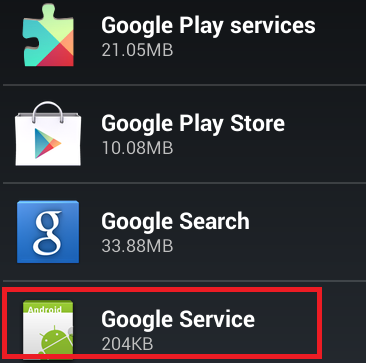Trojan-Spy:Android/Tramp.A
Summary
Trojan-Spy:Android/Tramp silently forwards information about the device to a remote location.
Removal
Once the scan is complete, the F-Secure security product will ask if you want to uninstall the file, move it to the quarantine or keep it installed on your device.
A False Positive is when a file is incorrectly detected as harmful, usually because its code or behavior resembles known harmful programs. A False Positive will usually be fixed in a subsequent database update without any action needed on your part. If you wish, you may also:
-
Check for the latest database updates
First check if your F-Secure security program is using the latest updates, then try scanning the file again.
-
Submit a sample
After checking, if you still believe the file is incorrectly detected, you can submit a sample of it for re-analysis.
Note: If the file was moved to quarantine, you need to collect the file from quarantine before you can submit it.
-
Exclude a file from further scanning
If you are certain that the file is safe and want to continue using it, you can exclude it from further scanning by the F-Secure security product.
Note: You need administrative rights to change the settings.
Technical Details
Based on the package name ('com.android.services') used, the app attempts to disguise itself as an official Google service. When installed, no shortcuts are created to the application, making it harder for the user to notice its presence on the device. Searching for Tramp.A under 'Manage Applications' shows the app is listed as 'Google Service', again making it harder for the user to identify the app. The app most likely waits for reboot or an incoming message to activate.

Tramp.A poses as a 'Google Service'
On execution, it registers GCMBroadCastReceiver. Google Cloud Messaging (GCM) is, as its name suggests, a tool from Google to allow cloud-based messaging. In this instance, GCM is used for remote control and communication (C&C) of the installed app
The app does not need to be actively running in order to receive messages, as the GCM system itself will 'wake' it when the message arrives. It is also difficult to block the device from receiving messages, as it is the host itself that delivers the messages from the cloud.
Once installed, the app harvests data from the affected device, including contact numbers, carrier information and SMS message details. It is also able to receive and execute the following commands received via GCM:
- Send message
- Block call
- Package name
- Get current location
- Observe
- Contact
Tramp is also equipped with the androidvncserver native binary, which allows it to accept additional commands for executing other files. Though this functionality appears to be dormant in the sample analyzed, the VNC server could potentially allow attackers to gain full control of the affected device.
The app uses two links for its activities, which are traced back to IP addresses in South Korea and Japan; data harvested from infected devices are stored in a database at the Japanese IP address.